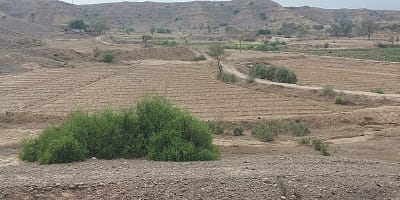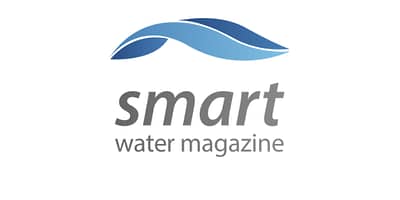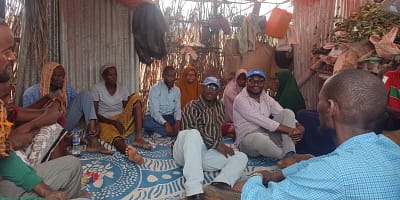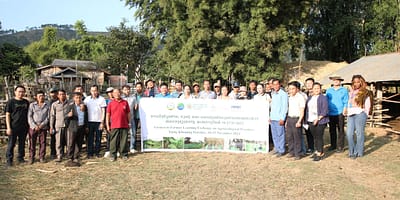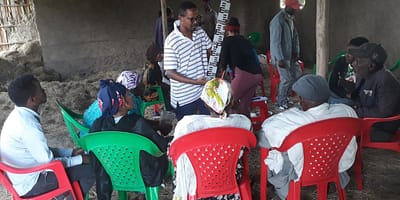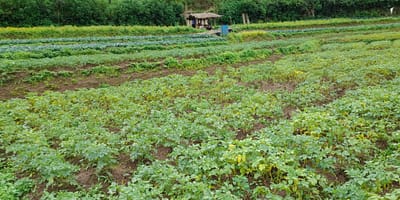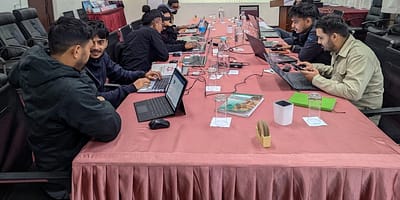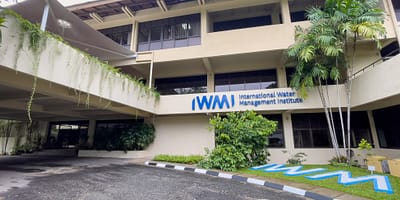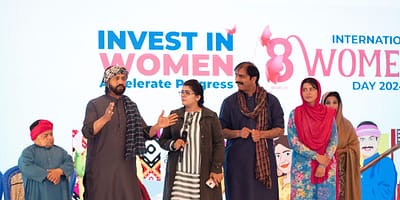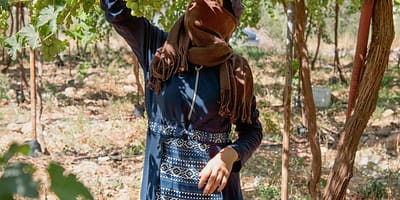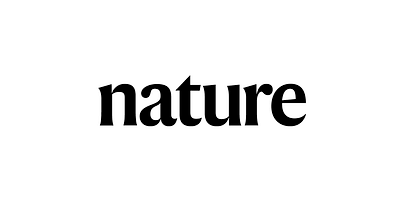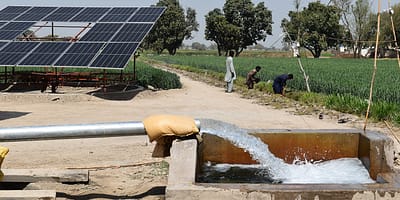The Agritech4Kenya Challenge is supporting science-based agri-tech innovations that are localized and demand driven.
The gender dynamics, community strategies, and vulnerabilities in South Punjab’s hill torrent floods.
IWMI's Paul Schulze and Deepa Joshi on how freshwater canals are being appropriated by leaseholders for personal gain.
Each of the new members will play a key role in guiding IWMI’s growth and development as it takes forward the new IWMI Strategy 2024-2030.
IWMI and partners strengthen investment in anticipatory action and disaster preparedness following 2023 floods.
Context matters for how young people in Ghana view aquaculture.
IWMI and partners demonstrate the power of community-driven land restoration in fostering awareness and encouraging initiative.
Despite their growing popularity in policy and development circles, scaling nature-based solutions faces significant obstacles.
IWMI has expanded DIWASA's scope to emphasize capacity building, stakeholder collaboration, and mentorship.
IWMI researchers are pioneering a proactive community-led approach to climate resilience.
How Southern and Northern farmers’ peer learning exchange visits are changing farming in Lao PDR.
IWMI's Tanmoy Bhaduri discusses the sociocultural barriers which hinder women farmers' access to diesel power alternatives.
IWMI's citizen science program goes beyond data collection and involves community-based mapping of watershed characteristics.
Research-based agronomic practices promise safer, more efficient crop production.
IWMI researchers are using machine learning to map irrigated areas in the Limpopo River Basin.
IWMI’s capacity building on the SWAT+ hydrological model will help integrate it into the Masters of Hydrology and Meteorology curriculum.
Piloting the establishment of a District Technical Working Group for integrated management of water resources of Beung Sneh Lake, Cambodia.
Appointees joining the Board of Governors will guide direction and growth of global Institute.
New platform focuses on connecting communities with scalable solutions to build resilience and manage drought risks.
Embedding a strong gender perspective in project planning and design is imperative to achieve substantive gender equality.
IWMI aims to address entrenched social and gender norms that limit women’s agency while promoting education and leadership in the MENA region.
Henry Roman discusses the importance of measuring a country’s capacity to achieve its carbon emission targets to manage and sustain progress.
IWMI's Rachael McDonnell contributes to reframing the responses to mitigating the world’s water crises using a ‘beyond growth’ framing.
Combining innovative business and finance models could break the trend of increased inequities and risk of groundwater over-exploitation.



